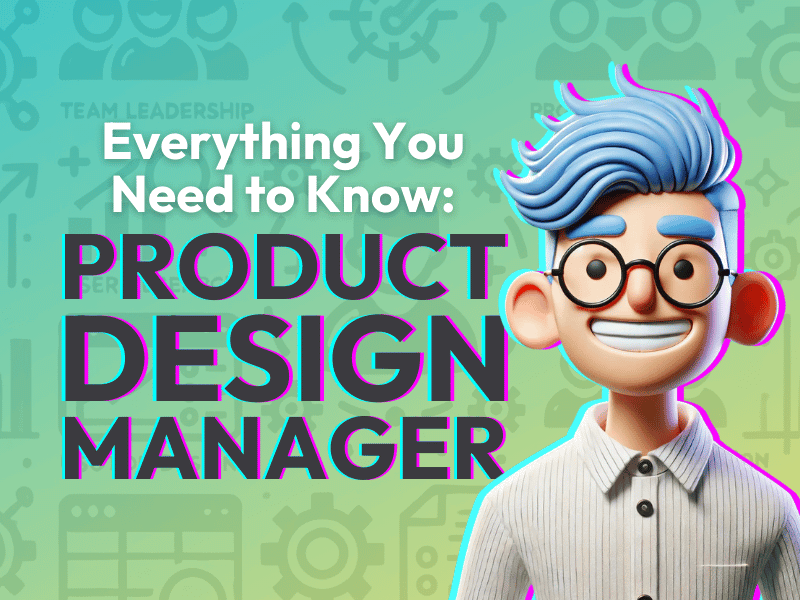Tech Interviews: Authenticity vs. Confidence
Should you lie in your Technical interviews?
On one side, you can’t under sell your knowledge. On the other, you can’t come off as a pompus kow-it-all phony.
How do you strike the right balance?
This question came up in a recent conversation and I didn’t know how to answer.
So I did what I always do when I need to learn something about finding a technical job in Japan, I messaged the masterminds of our technical recruitment team.
Each member gave me their answer, but first here’s a summary of the original question:
Fake it until you make it?
The sentiment is all too common: you're worried about how to present yourself during interviews.
Companies are looking for a "know-it-all," right? Especially for senior engineering roles.
Do you "bullshit" your way through questions about technologies you're not familiar with, or do you be yourself and risk underselling your actual expertise?
Let’s hear from the experts:
Ari's Take: Cockiness vs Professionalism
Arjab is a technical recruiter working on roles in robotics, learn more about the role he is currently hiring for here.
The people he has worked with have faced similar situations.
This was his advice:
Your two choices
You have two options:
Act cocky like you know it all.
Be professional, acknowledge the gaps in your technical knowledge, but stress your ability to learn quickly.
No one likes #1.
Clients would open to giving you a chance if you go with #2.
Employers appreciate humility coupled with a strong will to grow.
The next person I spoke with was Cha, a technical recruiter hiring for data engineers.
Cha’s Perspective: Authenticity Wins
Cha emphasizes a mental shift.
Be your best self
When you go into an interview, your goal is to understand the technical environment of the company just as they are trying to understand you.
If you don't know something, it’s perfectly fine to admit it, as long as you show enthusiasm to learn.
Your honesty will build trust, whereas pretending to know things you don’t will be a dealbreaker.
Cha suggests turning the tables by asking the interviewers questions, such as their expectations for the first six months and if they have training programs for areas you need to brush up on.
Your eagerness to grow will be an asset.
Delano Stark, a technical recruiter hiring for data analysts positions, had a different take on the situation.
Del’s Angle: The Dating Analogy
According to Del, the recruitment process is similar to dating.
learning it to be it
You want to show your best self, but you should never pretend to be someone you’re not.
In other words, instead of "faking it till you make it," adopt the mindset of "learning it to be it."
When you find a company that encourages growth and aligns with your values, that's your “swipe right” moment.
Uros, the team leader, advised on what to do if you keep facing this problem.
Uros Weighs In: Honesty is the Best Policy
Uros reinforces the notion that you should be yourself and be honest about what you know.
TIme to learn
If you lack knowledge in certain areas, it’s much better to express your willingness to learn rather than to lie.
Honesty tends to pay off in the long run.
Uros advised that if you have faced this dilema repeatedly, it is time to buckle down and learn the tech that the employers are asking about.
If it keeps coming up, it must be important.
And I saved the best for last, Manthlia, the technical recruiter working with clients in the ____ space.
Manthila’s Wisdom: Authenticity and the Right Fit
Manthila adds an invaluable point: be yourself during the interview process.
Finding the right fit
She recognized the struggle between wanting to display confidence while also staying true to your actual level of experience.
However, companies value people who are transparent about their skills and eager to learn.
You need to admit when you lack hands-on experience with specific topics, but show how you plan to learn the things that are outside of your current skillset.
In the end, authenticity will lead you to a job that is the right fit for your career.
So what are the major take aways?
What you need to know
Common Threads
Here are the common threads between all of the mastermind’s answers:
Honesty is crucial; never pretend to know something you don't.
Display a willingness to learn new skills or technologies.
Opt for professionalism over cockiness; humility is valued.
Remember interviews are a two-way street; don't hesitate to ask questions.
Authenticity is key; be yourself to build trust and rapport.
If lacking in specific skills, highlight how your existing experiences are transferable.
Balance confidence with humility for an effective interview strategy.
Your ability to adapt is a marketable skill. So, go ahead, be yourself but be prepared.
Remember, interviews are a two-way street. They're just as much for you to learn about the company as they are for the company to learn about you.
The right fit is out there, waiting for you to swipe right.


























